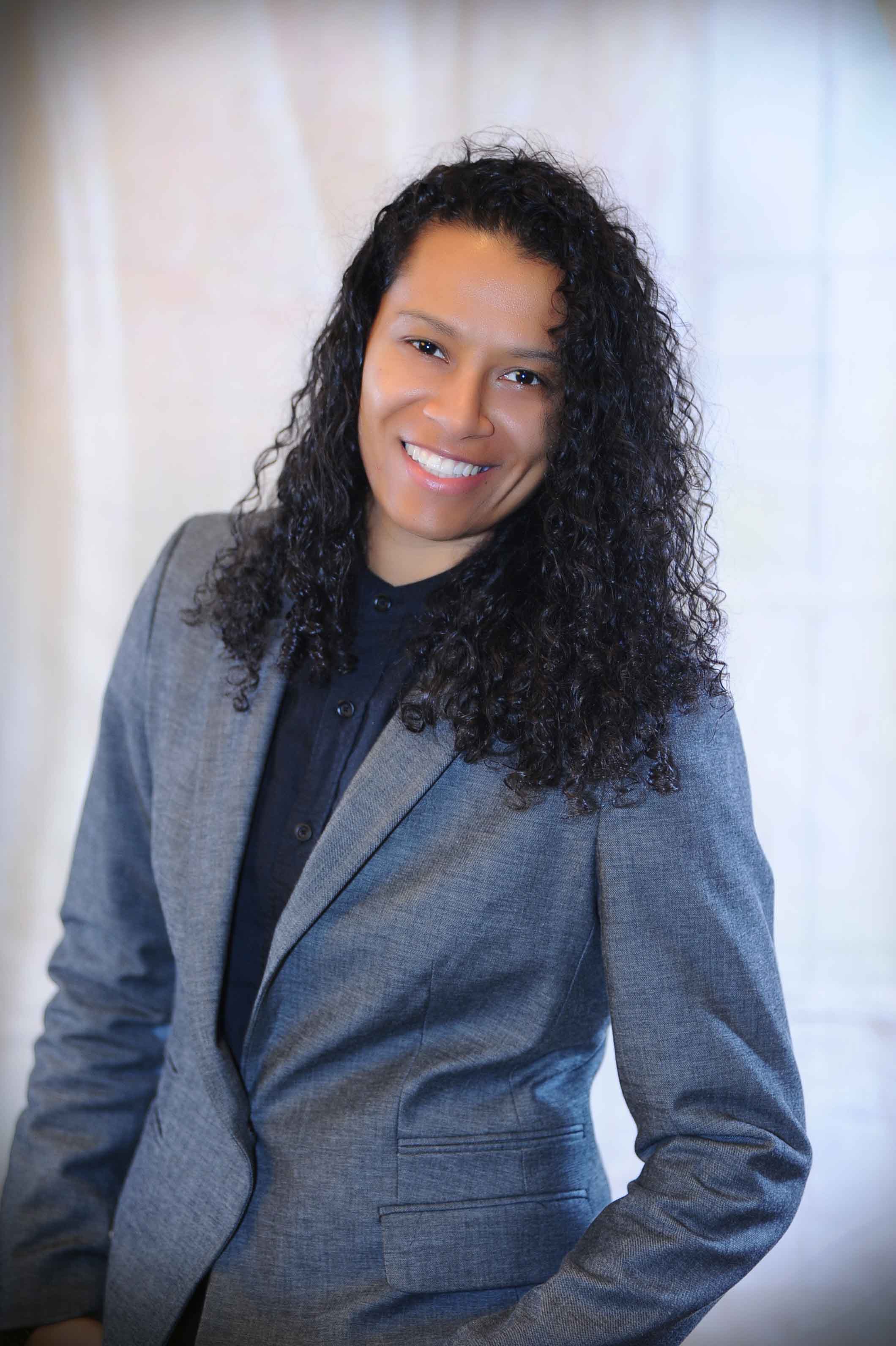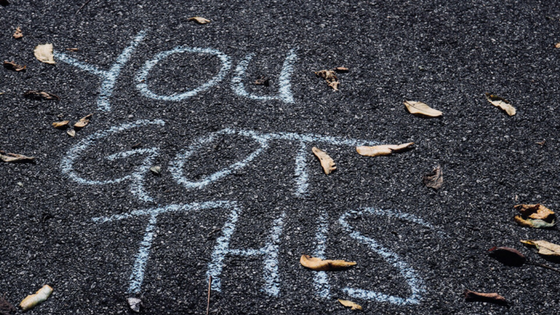Transitions can be a very stressful time in life. There are a large variety of transitions people can experience. I help clients handle a variety of transitions, some include: career, environment, identity, your or a loved one’s health (physical, mental, emotional, spiritual), relationships, finances, beliefs, addictions, loss or addition of a loved one, and responsibilities are just a few on the list.
Being raised as an Army brat and then becoming an avid career adventurer, transition and change have been a ritual part of my life since I can remember. Most recently I faced one of the biggest transitions of my life all at once. I left my job in Atlanta, moved to NYC with my fiancé, lived with my fiancé for the first time, and had no idea what direction my career would take. I was submerged in a new environment, new responsibilities, new level in relationship, new financial situation (NYC ain’t cheap ya’ll) and an overall new way of life. It was a stressful transition! Not to mention that I knew hardly anyone in my new community.
Now, six months later, I can proudly say that I am thriving and accomplishing so many amazing things I would have never done had I not been ripped out of my comfort zone. That’s the thing about comfort zones, once you’re settled into them, you never want to leave them. Since stepping out of my comfort zone, I’ve become accustomed to the New York way of life, I can ride the metro like a pro, I’ve made amazing new friends and connections, I’ve learned about new cultures, started my own business, and stretched myself beyond my wildest imagination.
When you open up and become vulnerable to new opportunities it stretches you to new ideas, beliefs, knowledge, connections and possibilities. You’ve got to reframe your mindset to open your mind to the wonderful opportunities that change can bring.
“If you don’t like something change it. If you can’t change it, change your attitude.”
–Maya Angelou
If it had not been for the uncertainty and being thrown in a “sink or swim” environment and situation, I probably wouldn’t be pursing my passion of helping people to win the championship of their lives. I’m grateful for the experience because I’ve learned about my resiliency during difficult times and that at the end of the day, I’m going to figure it out and it’s going to be just fine.
If you are going through a transition yourself, here are recommendations for combating the stress that comes along with it:
- MINDSET. MINDSET. MINDSET! Even in the middle of uncertainty you’ve got to continuously tell yourself that somehow, some way, “I will figure this out and make this work.” You’ve got to believe in yourself and your abilities and keep the positivity flowing through your mind.
- Gratitude. During this transition, it’s so important to practice gratitude. Remember that no matter what you’re going through there is always something to be grateful for, somebody is always in a far worse situation, with a much better outlook on life. So why can’t you do the same?
- Be vulnerable (in a good way). Being vulnerable does not mean you let people kick you when you’re down or take advantage of you. It means that you understand that feelings of fear, anxiety or sadness may come with the stress of transition and that it’s okay to talk about these things. Keeping them bottled up will only hinder you.
- Get out there and be proactive! Try to be in control as much as you can of your transition, if you are leaving a familiar career then be proactive about finding a new position or learning about a new vocation.
- Celebrate the small victories. You deserve the encouragement and dopamine rush. Give yourself a pat on the back for the small accomplishments along the way.
- Let go of playing the “what if” game. It will drive you crazy with all the uncertainty floating around you. Focus on the here and now. How are you going to make it through this day? Don’t worry about 5 years from now. Just focus on doing the next right thing.
- Know when to say “no” and when to say “yes.” This is so important. You’ve got to learn when to say “no” and when to say “yes” in healthy balance for you. If you’re always saying “yes” and running yourself into the ground then you need to know when to say “no” to preserve time for yourself. If you’re always saying “no” and possibly falling deeper into depression, you need to know when to say “yes” to encourage yourself to be around caring, loving people to bring you back to life.
- Create a routine you can depend on. When stress is piling up, the best way to combat it is to control as many things as possible. There are two routines to set up, the first is a stress-response routine. When you start feel yourself getting overwhelmed you can turn to your stress-response routine to relieve the stress before it builds up. The second is to establish morning routine that puts you in control of how you start your day and can leave you feeling energized with a positive outlook for the day.
- Shut out the noise. Noise is any information that is negative, false, unnecessary or that prevents you from perceiving a world in which success is possible. Noise is anything that distorts your positive reality and distracts you from achieving your goals. Cancel out noise that is unusable, untimely, hypothetical or distracting!
- Ask for help. Don’t be timid to ask for help. No matter how you need support there are people to assist you! Don’t try to do everything yourself during this transition. Ask for help from others around you, the worse that could happen is that they say no and you’re stuck doing it yourself like you were planning to do anyway. Ease the load and dive into community!
Remember that during times of stressful transitions it’s okay to experience a rollercoaster of emotions. Somedays you may feel on top of the world ready to accomplish anything and others you may be questioning yourself while eating an entire container of ice cream. That is normal. Just take a deep breath and take it day by day.
The most important thing to remember is that you are a badass.
You are going to make it to the other side of this transition. This transition is going to stretch you in ways you cannot imagine but you will come out so much more equipped and enlightened to handle life. I believe in you and I’m excited for you because I know that this transition means you are a work in progress to becoming a better version of yourself.


